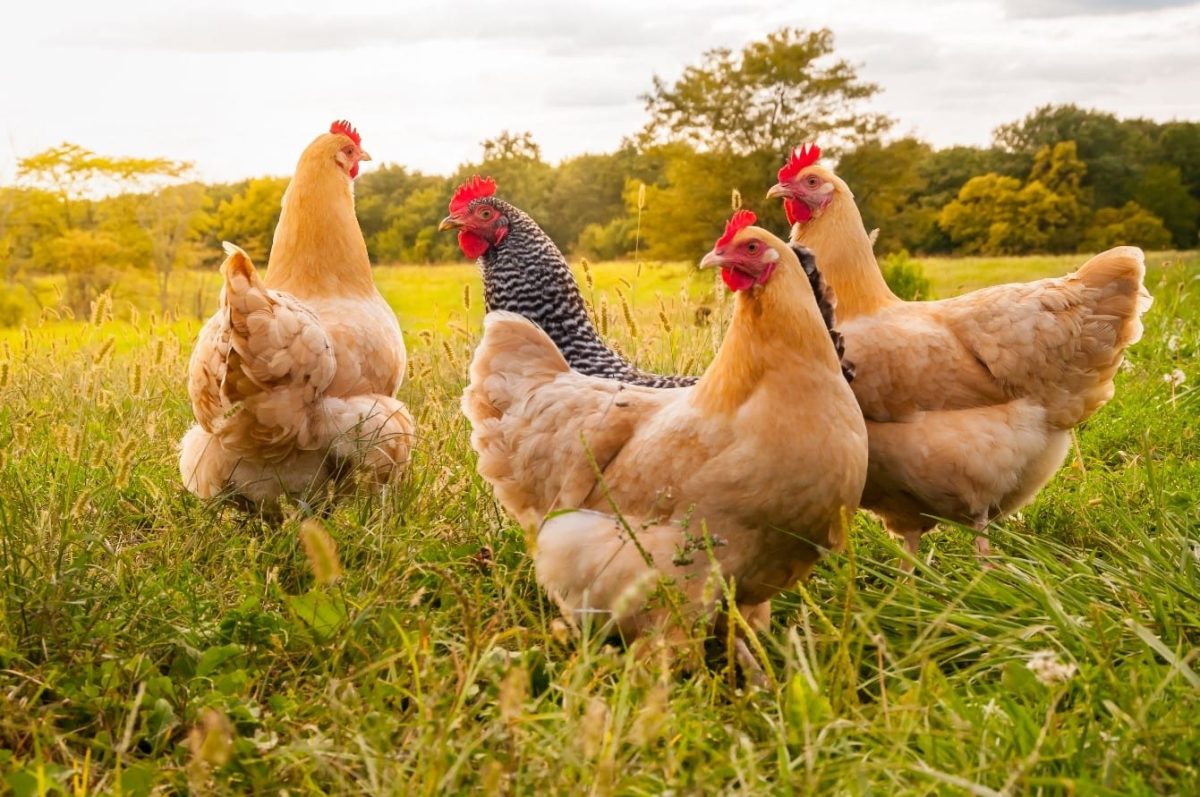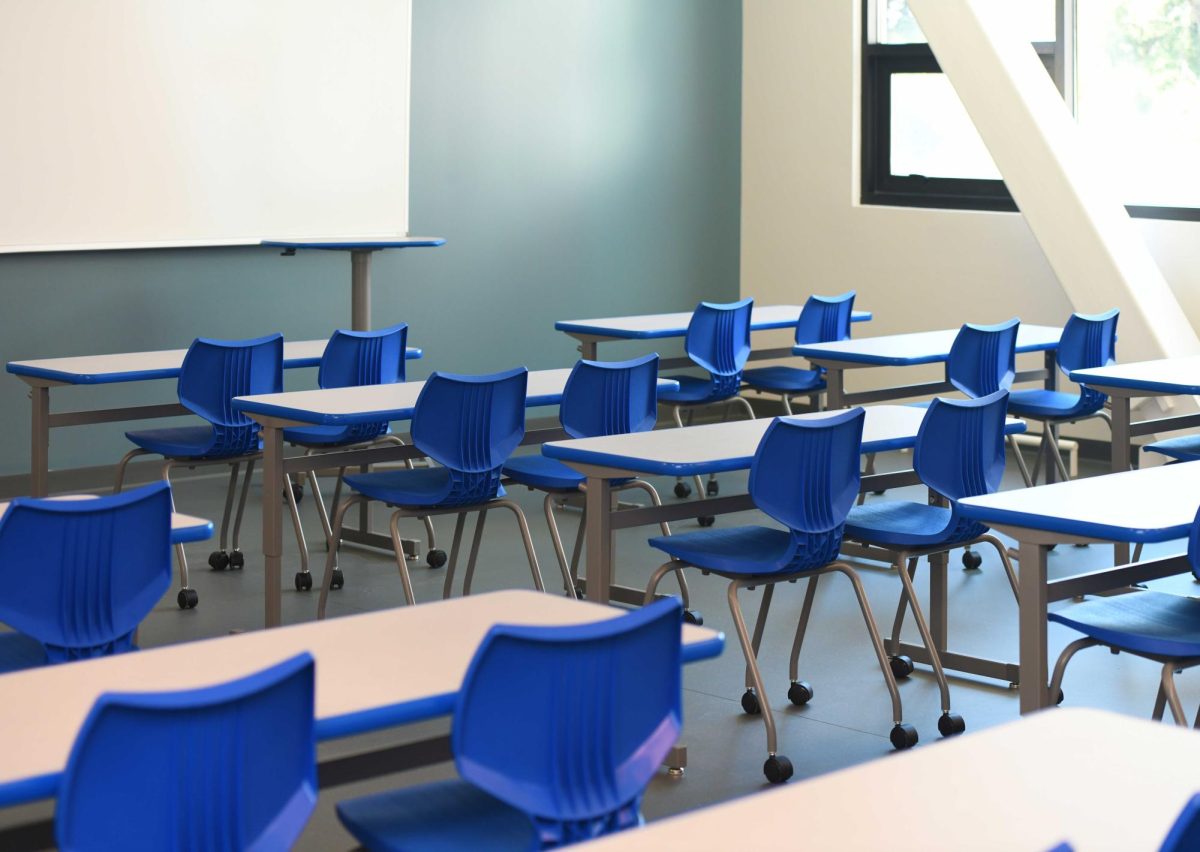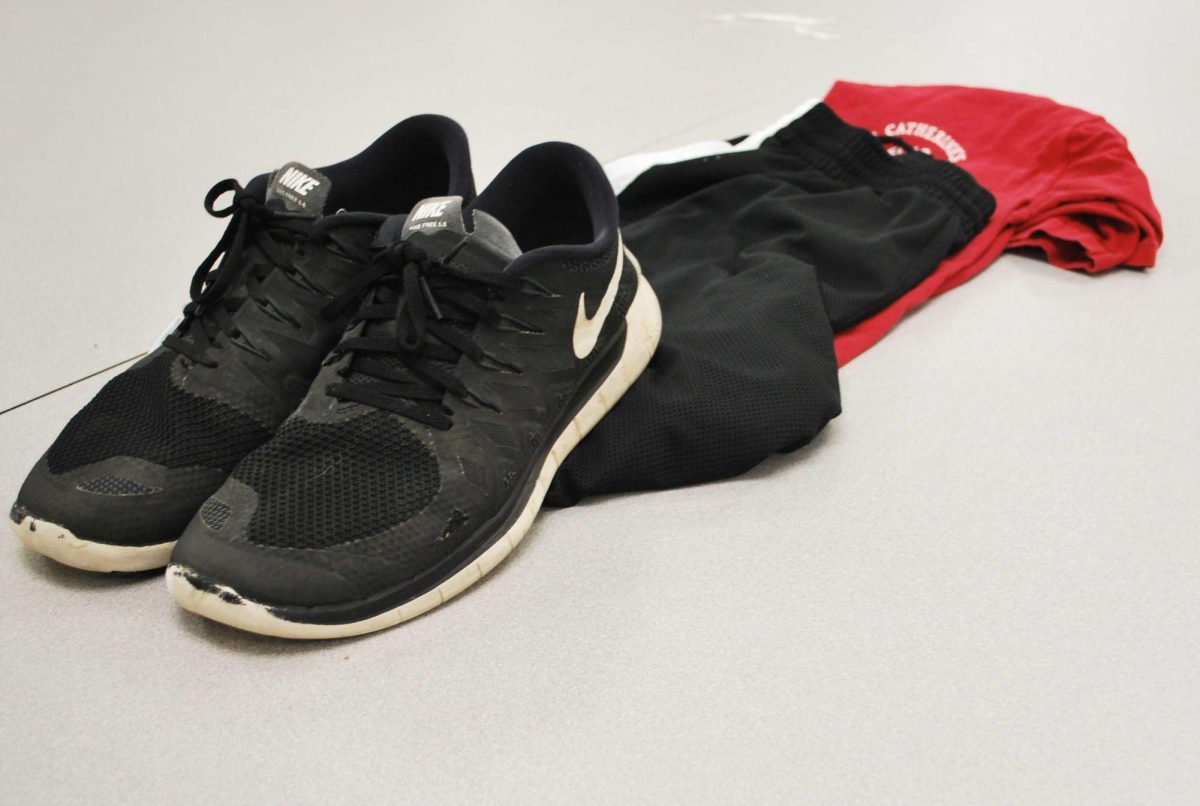The recent onslaught of racism and violence in America toward Asian Americans and Pacific Islanders persists as the United States continues its battle against Covid. As crimes against Asians become more common, news coverage and activism grow, and yet the cases have only persisted with few improvements. Over a year following the start of lockdown and the spikes in racial incidents, recent headlines on attacks on the Asian American community strike many with a sense of alarm but come as no surprise.
According to the British Broadcasting Corporation, anti-Asian incidents have shown a 164 percent increase compared to before lockdown, with roughly 70 percent of the reports being for verbal harassment, 20 percent for shunning, and the remaining 10 percent for variations of physical assault. Covid-19 has continued to fuel anti-Asian biases and xenophobia in the United States with labels such as “Chinese virus” or “Kung Flu” and other outwardly racist behavior that many refuse to look down on.
As a full Filipino with very stereotypical Asian eyes, I’ve experienced mild to moderate racism growing up. Recently, I’ve gotten numerous odd stares from people while in public. My parents became wary of what would happen if I was out of the house walking our dog, and my mom gave a gentle warning to “be careful of [my] surroundings because of how [I] look.” I’m less fearful of what could happen to me and more concerned for elderly members of the community, such as my grandparents, who are much more fragile and struggle with English which would make reporting difficult.
Others in the valley have had similar racist experiences during the pandemic. Camryn Dulay, a local Filipino, was verbally harassed in a store by a man who insisted that Asian racism didn’t exist because of Covid-19.
“I was more uncomfortable than scared,” she expressed. “He confronted me first, so I don’t understand what went through his head to decide that what he did was necessary.”
Tennis player and Hanford West student, Kris Kennedy, displayed their disappointment and discomfort as their opponents coughed and laughed throughout the doubles match. Many others, along with Dulay and Kennedy, are pained with the direction many Americans have taken amid the current climate nationally and internationally.
Shortly after the Covid outbreak and rise in incidents in America, the nonprofit organization Stop AAPI Hate was founded. They currently run the Stop AAPI Hate Reporting Center for discrimination, xenophobia, and hate incidents across the country, with over 6,600 reports as of the beginning of May. However, it’s difficult to tell if the growing reports are mainly due to increasing incidents or if more people are reporting them.
Despite the increasing trend in violence and harassment against Asians and Pacific Islanders in the United States, very few of the crimes reported are persecuted as hate crimes, further infuriating the community. Attorney Stanley Mark of the Asian American Legal Defense and Education Fund told ABC News that if the offender used no slurs, there may not be enough evidence to identify it as a racially motivated hate crime.
Frustration and unease are familiar emotions during the pandemic, which has resulted in public unrest and directly contributed to the heightened distress among Asians and Pacific Islanders in America. There is no wishing for something affecting a large proportion of the population to subside, but for more people to make the conscious decision to be compassionate and stand by those whose voices struggle to be heard.

















